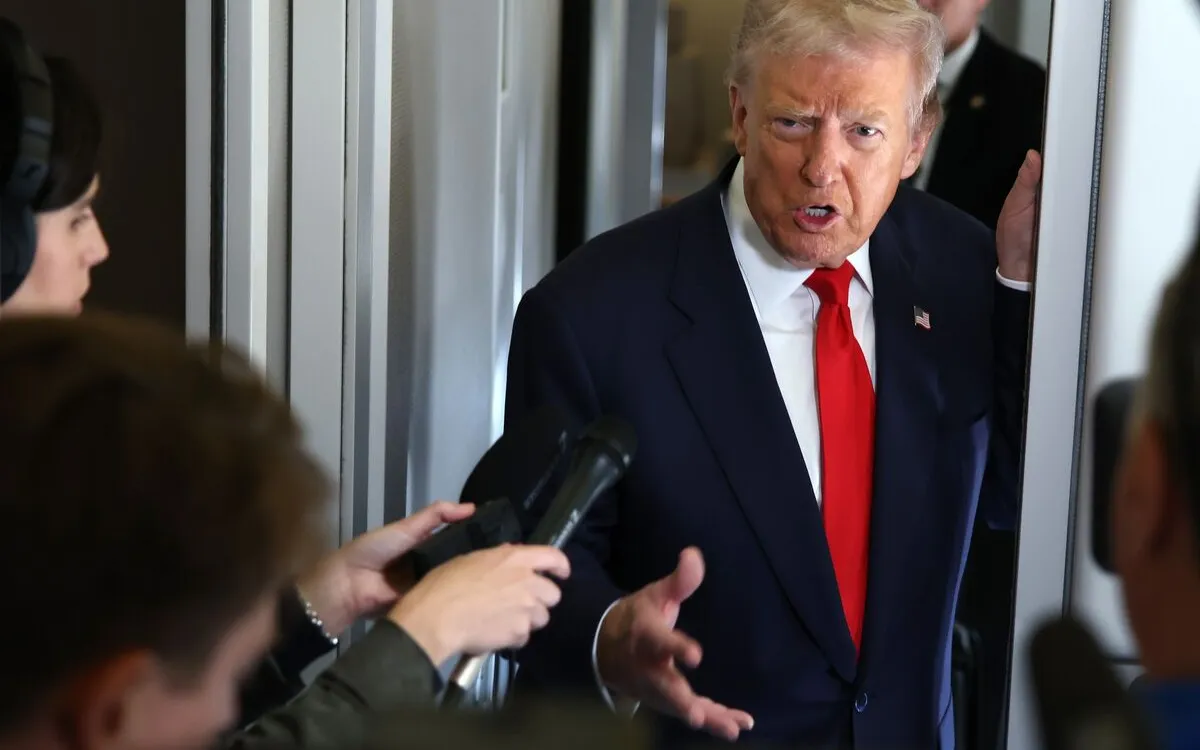
In a recent statement, President Donald Trump refuted claims that he is contemplating military strikes against Venezuela. This denial comes in response to a media report suggesting that Trump had granted approval for such military action. The president's comments are significant, especially considering his previous remarks indicating a potential for land attacks following a series of maritime confrontations.
The media report that sparked the controversy suggested that Trump was not only considering military options but had also authorized strikes on Venezuelan targets. However, during a press briefing, Trump made it clear that there are no current plans for any military intervention in Venezuela. This contradiction raises questions about the administration's strategy regarding the ongoing crisis in Venezuela.
Historically, Trump has taken a hardline stance against the Venezuelan government, often criticizing its leadership and the humanitarian crisis affecting the nation. In earlier statements, he hinted at the possibility of land attacks as a response to escalating tensions. These earlier comments have led to a mix of speculation and concern regarding U.S. military involvement in the region.
The relationship between the United States and Venezuela has been fraught with tension, particularly in light of Venezuela's political instability and economic turmoil. As the U.S. continues to monitor the situation closely, Trump's latest remarks may signal a shift in strategy or an attempt to alleviate fears of military escalation in the South American nation.
Trump's denial of military action in Venezuela could have broader implications for U.S. foreign policy in Latin America. As the situation evolves, it remains to be seen how the administration will balance diplomatic efforts with the potential for military intervention. Observers will be watching closely for any further developments regarding the U.S. stance on Venezuela.